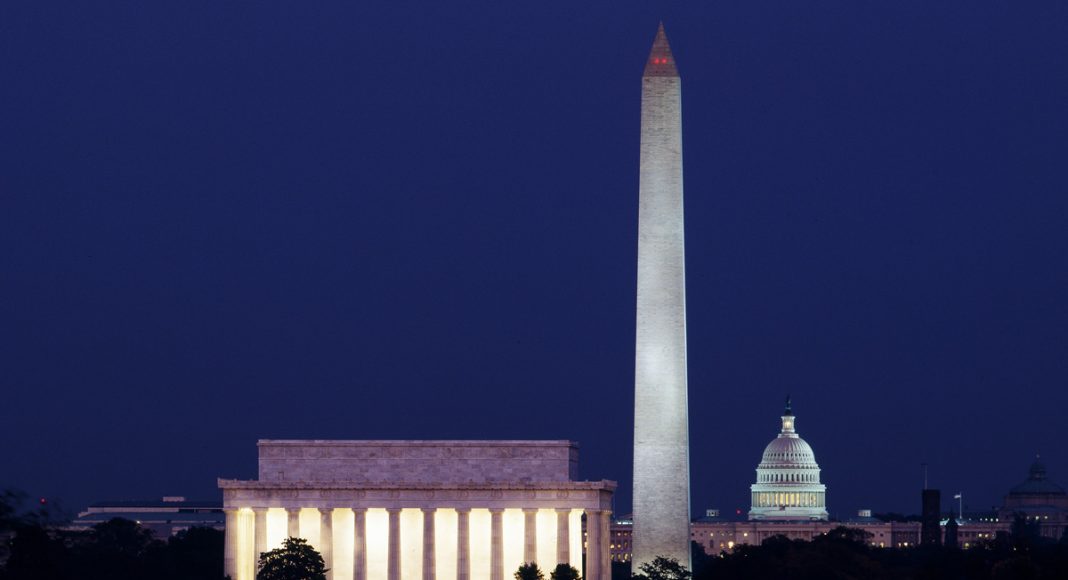In the coming weeks and months, gubernatorial primary winners in parts of the country will wait nervously to find out who the voters will chose to guide their respective states into more prosperous times. However, perhaps for the first time ever, the debate over whether marijuana should be made legal for recreational use in these jurisdictions could be what drives voters to select one candidate over the other. Some of the latest polls find more than 60 percent of the population wants weed handled no differently than alcohol and tobacco. So, where exactly do some of this year’s gubernatorial candidates stand on marijuana? Here is the position of the Democrats and Republicans involved on three of the biggest races in the United States.
New York
It was just earlier this week that New York Governor Andrew Cuomo (Republican) and Democrat Cynthia Nixon gathered for a debate ahead of the election in September. Cuomo is seeking his third term, while Nixon, the former “Sex In The City” star, is looking to steal the office in hopes of leading the state into more progressive territory.
Of course, marijuana legalization is one of the biggest issues in this race.
Fortunately for New Yorkers both candidates support the legalization of marijuana. They just seem disagree about the centralized role the herb has played in the state’s checkered history of racial disparity. Cuomo, who was previously against recreational marijuana, saying it was a “gateway drug,” has since endorsed full legalization and plans to support legislation if reelected. He now believes, “the benefits outweigh the risks.” Yet, if Nixon wins, she plans to push for legal weed as way to reform the criminal justice system. Either way, New York is on its way to becoming one of the next states to legalize marijuana.
Florida
The gubernatorial candidates running in Florida reside on opposite ends of the spectrum when it comes to marijuana reform. Democrat Andrew Gillum believes “we ought to make legal all forms of marijuana,” while Republican Ron DeSantis has remained mostly unspoken on the issue.
DeSantis, a member of the U.S House of Representative, says he doesn’t want young people to have access to weed, but he respects the will of the people and their decision to legalize medical marijuana. “We shouldn’t play games with it,” he said. “We should just simply implement it.” But Gillum is serious about making a change. He wants to legalize marijuana, tax it and use the revenue to “fix Florida’s schools.” It remains unclear whether DeSantis would so much as lift a finger to lead the state into more progressive pot policies.
Illinois
There is no doubt that Illinois voters want legal marijuana. A non-biding ballot question in Cook County earlier this year found a strong majority (63 percent) “support the legalization of possession and use of marijuana by persons who are at least 21 years of age, subject to regulation and taxation that is similar to the regulation and taxation of tobacco and alcohol.”
But the two candidates fighting for the governor’s seat in the November election do not agree on the issue. Governor Bruce Rauner, who is seeking a second term, has expressed apprehension about legalizing recreational marijuana statewide. He has said time and again that he wants to wait and see how the scene shakes out in places like Colorado and California before bringing a legal pot market to the Land of Lincoln. In fact, just this week, after signing a bill expanding the state’s medical marijuana program, he told reporters “I am very much opposed to legalizing recreational marijuana.”
But his opponent, Democrat JB Pritzer wants legal weed as a means for fixing the criminal justice system and digging the state out of billions of dollars of debt. “I also support legalizing and taxing recreational use of marijuana, which is estimated to generate as much as $700 million a year for the state,” he said. “No more studies are needed to show it’s time for Illinois to safely move forward and legalize marijuana.”


